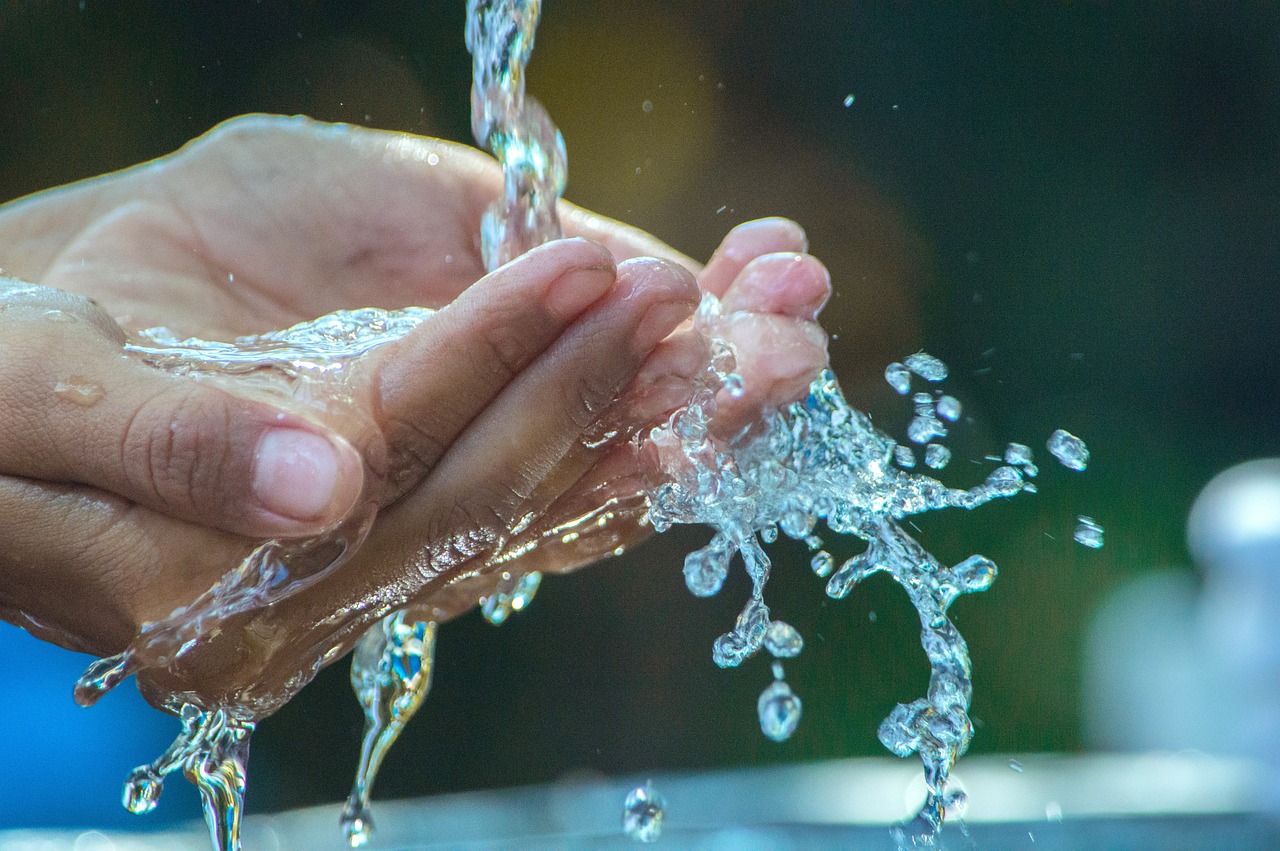Low Impact Water Solutions for Music Festivals.

Any large-scale multi-day music festival will use vast quantities of water for a variety of uses. Handling this water on a festival site requires careful planning to minimise the impact on the environment and meet the organiser’s sustainability objectives. How can organisers use latest low-impact water solutions to minimise damage and wastage.
Low-Impact Water Solutions are an essential tool for reducing environmental harm on a festival site and can help reduce costs for organisers too. In an effort to leave no trace organisers should aim to minimise wastewater from draining into the ground which can cause pollution and damage making it more difficult for the site to recover post event. What are the latest low-impact water solutions being implemented by festival organisers?
Drinking Water.
Fresh clean drinking water is an essential part of any festival site infrastructure and must be brought onto a site in tankers or sourced by connecting to a local mains supply and fed into an installed plumbing system. The water supply feeds water refill stations placed around a site giving festival-goers a ready supply of clean drinking water. These water supply systems regularly feature carbon or UV filters to keep the water clean and help reduce the need for plastic water bottles. The water supply requires either gravity to create pressure or more commonly solar or wind power to keep water flowing.
Greywater.
Wastewater collected from showers and sinks is referred to as greywater and is collected and filtered, often using sand, making it available for re-use. It should not be allowed to go to ground as it may contain pollutants and detergents. After being filtered it can be used in toilet flushing systems or sprayed onto roads and paths to suppress dust for example.
Blackwater.
The dirtiest most contaminated water which comes from toilet disposal systems requires careful handling and most organisers use expert waste management contractors to collect and dispose of it. Blackwater waste can be minimised by using low-flow or waterless compostable toilet systems which do not require any flushing water. The waste is composted in sealed systems and managed by the external waste management contractor.
Latest Initiatives.
Although not every festival experiences rainfall some organisers will set up and use rainwater harvesting systems which use tanks and bladders to collect rainwater. This can be used in a similar way to greywater and is pumped into storage tanks using gravity, solar or wind power. Water refill stations and handwashing facilities can be manually powered by festival-goers using a foot or hand pump system which will make savings on power usage. Providing eco-friendly biodegradable soaps and detergents for showers and handwashing stations can minimise contamination of the ground should there be any spillage as well as reducing the toxins in greywater.
Festival organisers take their sustainability objectives seriously and implementing low-impact water solutions is an increasingly important part of this. A communication strategy to educate festival-goers about water usage on a festival site can contribute to the successful implementation of water related initiatives.
For festival organisers planning their next events using a software management platform like Festival Pro gives them all the functionality they need manage every aspect of their event logistics. The guys who are responsible for this software have been in the front line of event management for many years and the features are built from that experience and are performance artists themselves. The Festival Pro platform is easy to use and has comprehensive features with specific modules for managing artists, contractors, venues/stages, vendors, volunteers, sponsors, guestlists, ticketing, site planning, cashless payments and contactless ordering.
Image by drfuenteshernandez via Pixabay
<< Back to articles
Contact us
Get in touch to discuss your requirements.
US: +1 424 485 0220 (USA)
UK: +44 207 060 2666 (United Kingdom)
AU: +61 (2) 8357 0793 (Australia)
NZ: +64 (0)9887 8005 (New Zealand)